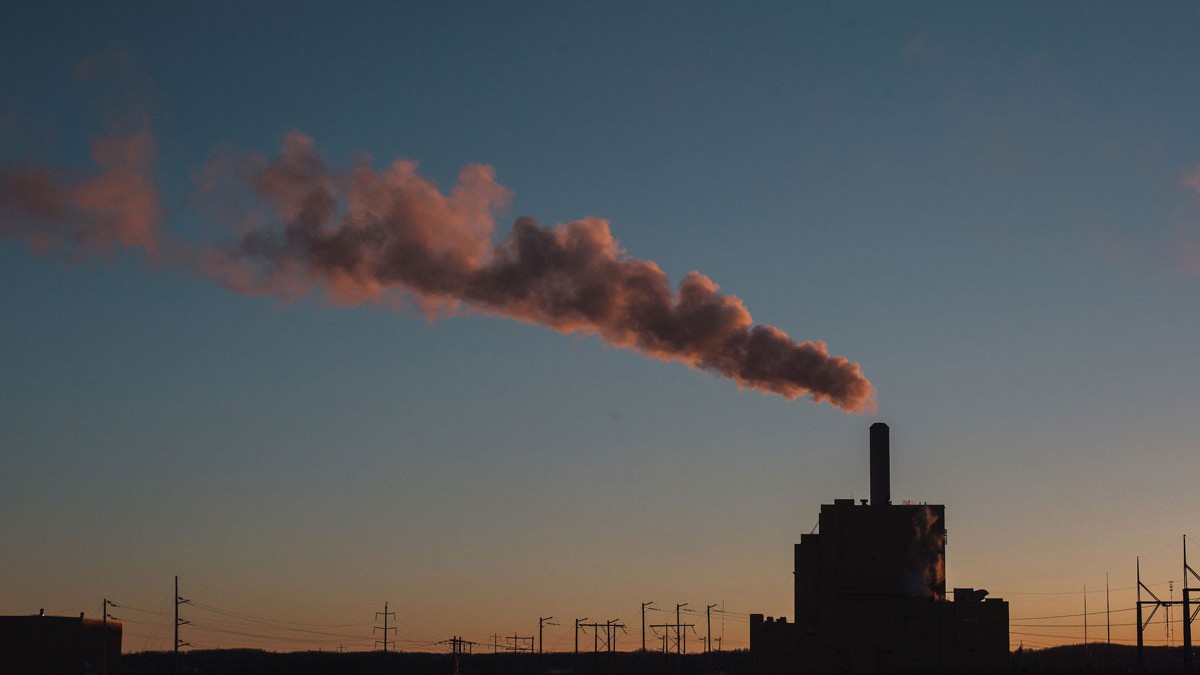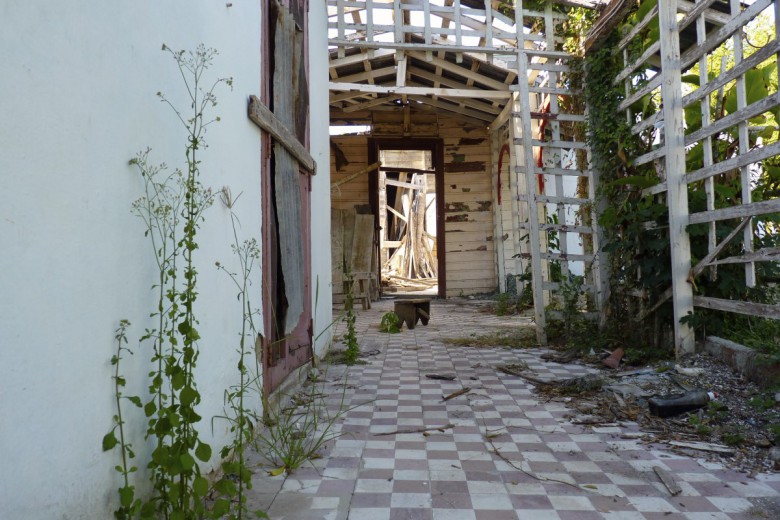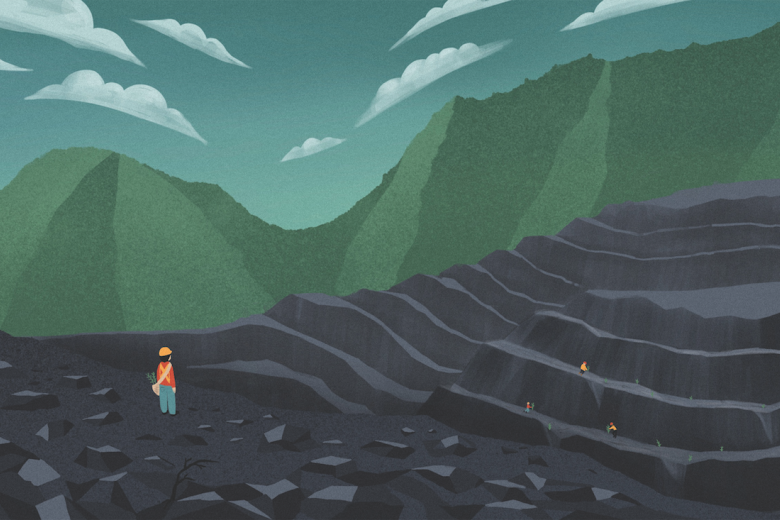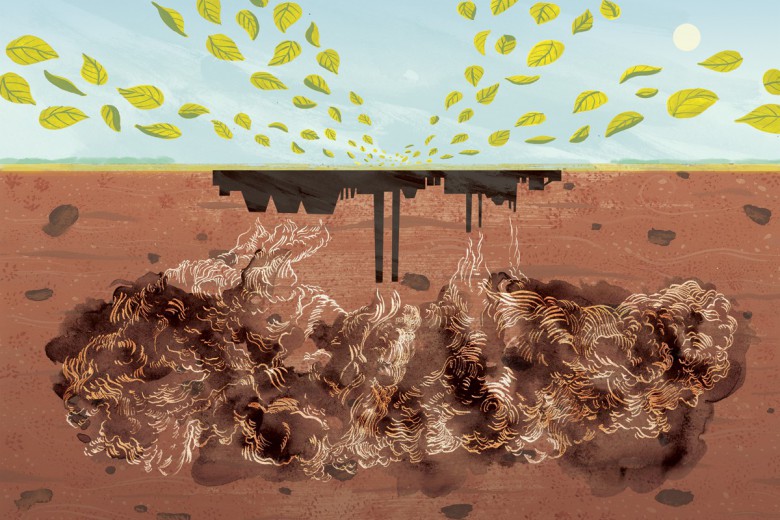With a federal election a few days away, each would-be Prime Minister is giving an unprecedented amount of airtime to the climate crisis. But with all four major parties declaring their own climate plan as the one to best lead Canada into an uncertain future, how do we know which climate platforms are full of substance and which are merely hot air?
There’s been plenty written about each party’s plan, but in an election cycle barely long enough for the public to get a cursory understanding of where the parties stand, what feels more crucial is to arm ourselves with an understanding of what needs to happen as soon as this election wraps. Regardless of the outcome, actionable climate policy must roll out at breakneck speed across multiple sectors at the same time. It will demand herculean effort and ambition, as whichever party forms government prepares for the United Nations climate negotiations in Glasgow this October. Carbon pricing – a constant refrain in this election – is just one small part within the massive plan that must be built, and the faster the public understands this, the faster we can get on track.
Are there concrete and actionable policy decisions?
Most climate platforms released by the parties this election lack the same critical piece: details. Which industries will the parties keep subsidizing? How are they justifying these subsidies? Exactly how are politicians planning to meet the ambitious climate targets they lay out in their platforms? Which massive sources of pollution, like burning forests for fuel, will they completely ignore? What funds will be set aside for transition retraining programs?
A good climate platform would include all these details and more, along with a plan for how to turn them into real policy.
Does the climate platform stop funding climate destruction and instead invest in climate solutions and a renewable economy?
We need a climate plan that defunds and dismantles the systems of pollution, inequality, and oppression that underpin our death march towards climate catastrophe, and instead redirects resources to solutions pathways.
This means no Trans Mountain pipeline expansion, no LNG, no Line 3, and no tar sands expansion. As recommended in Green New Deal proposals on both sides of the border, climate solutions do not need to leave a single worker or community behind in order to meet emissions reduction targets and rebuild a decarbonized global economy that puts people and the planet first. These solution pathways recommend investment into green energy, emissions reduction plans, Indigenous self-determination, reparations for Indigenous and Black communities, and an end to the biggest polluters of all: the war, prison, and policing systems.
If a party promises to tackle climate change while expanding fossil fuels, supporting forest destruction, building pipelines, undermining Indigenous sovereignty, and rewarding the rich for making choices the poor cannot make – then that is no solution.
These past weeks we’ve all watched while militarized police – who, not unsurprisingly, have their pensions invested in land theft and fossil fuel expansion – invade and brutalize Indigenous Peoples and their allies in so-called British Columbia. Arrests of forest defenders at Ada’itsx (Fairy Creek) have surpassed arrests in the 1993 War in the Woods, when 856 people were arrested for defending old growth forests. The sheer amount of public money spent on criminalizing Indigenous people and climate advocates is staggering – and reminiscent of the dark years of climate inaction under the Harper Conservatives. Notably, Conservative Party leader Erin O’Toole’s platform includes amendments to the Criminal Code which, if brought into effect, would create unprecedented legal frameworks through which to criminalize environmental activism and Indigenous land defence.
Climate solutions must be holistic in their approach. If a party promises to tackle climate change while expanding fossil fuels, supporting forest destruction, building pipelines, undermining Indigenous sovereignty, and rewarding the rich for making choices the poor cannot make – then that is no solution. At best, it’s a smokescreen for inaction. At worst, it leaves most of us to die while the rich barricade their communities.
Is the entire "climate platform" just about pricing carbon?
Putting a rising price on pollution is not in and of itself a climate platform. There are currently more permits approved for fossil fuel expansion than there is room for carbon in the atmosphere – and we won’t solve the climate crisis until we address this elephant in the room. We need an immediate end to all fossil fuel subsidies and expansion projects, alongside investments in green energy infrastructure and plans to transition fossil fuel workers to low carbon jobs. To continue to keep workers in fossil fuel jobs is, in fact, leaving workers behind.
Are there false climate solutions in the plan?
The race to quell voters’ climate anxieties has created a breeding ground for false solutions – one example is forest biomass. From B.C. to Ontario to the Maritimes, companies are expanding their destruction of forests, turning trees into wood pellets to burn for electricity abroad, primarily in the U.K. and Japan.
The catch is not only is burning wood pellets dirtier than coal at the smokestack, it endangers our greatest offence and defence to climate change: forests.
Forest biomass, specifically wood pellets, is an easy foothold for provincial and federal governments to use to argue they are meeting climate targets while investing heavily in new jobs. Unfortunately, neither of these are true. Loopholes in carbon accounting mean that the true scale of the carbon sinks and sequestration being lost are hidden in deliberate miscalculations at the international level. At the local level, job mechanization means that this industry promises a dwindling number of long-term jobs for workers, while the success of the sector demands the devastation of delicate forest ecosystems, which are crucial for entire regions to survive climate impacts.
A 2020 Stand.earth report found that if it continues to grow at its current pace, this new type of “bio energy” will decimate the last forests on these lands within our lifetime. The catch is not only is burning wood pellets dirtier than coal at the smokestack, it endangers our greatest offence and defence to climate change: forests.
Does the climate platform embed true reconciliation and human rights?
At the Conservative Party leadership convention this spring, delegates voted unanimously against backing the UN Declaration on the Rights of Indigenous Peoples. Between 1990 and 2019, Canada’s greenhouse gas emissions have gone up over 21 per cent, while in the past few years police violence has skyrocketed in social movement interactions, from Fairy Creek to Line 3. Attacking Indigenous Peoples is not climate leadership. Money is flowing freely, through government subsidies at both the federal and provincial levels, to industries marching us into a world with four degrees of warming.
And finally, is the plan ambitious enough to meet the challenge at hand?
Bold solutions are necessary to meet the scale of the crisis we face. When you hear platforms being called “too ambitious” or “too severe” by the mainstream media or other politicians, that means they’re probably on track to keep us alive.
To continue to keep workers in fossil fuel jobs is, in fact, leaving workers behind.
After years of being told there was no money for housing, health care, child care, green energy, clean water for Indigenous communities, and more, as soon as the pandemic hit, billions of federal dollars seemingly fell out of the sky. We’ve had the money to imagine and build the world we deserve this entire time. What we’ve consistently lacked was the political will to change our reality.







